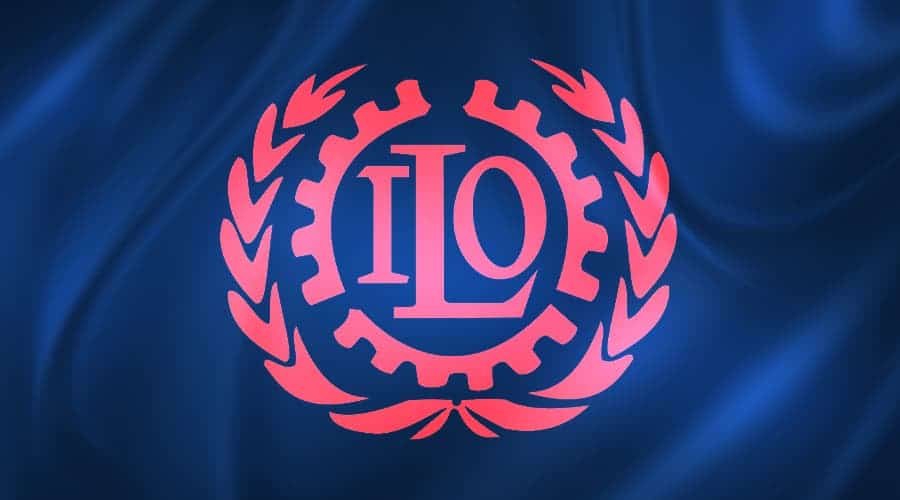Is Dubai going to sink?
1 day ago
HOW DUBAI IS IMAGINED?
We often think of luxurious homes, beautiful skylines, and extravagant lifestyles, whenever we hear about the city Dubai of the UAE! This global city has been attracting wealthy persons from across the world. Dubai is presently one of the most affordable luxury destinations in the world in comparison to many of its counterparts, including Hong Kong, Singapore, etc.
During the covid pandemic, the way Dubai administration handled the situation has further increased interest in the Dubai...


Comments
Write Comment